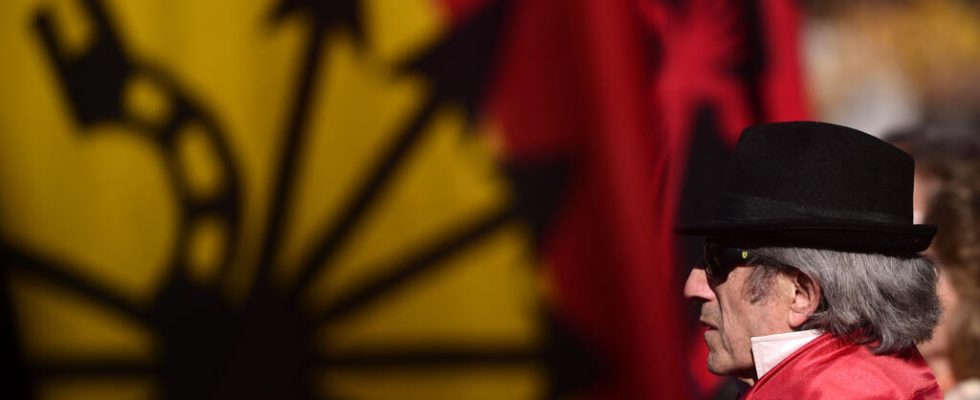The UN is concerned about a law that could alleviate crimes committed under the Franco regime, between 1939 and 1975. Three United Nations experts warn that ” laws of harmony » proposed by three regions where the conservative People’s Party (PP) and the far-right Vox party govern in coalition, could contravene international human rights standards.
2 mins
Three UN rapporteurs have sharply criticized laws passed or being adopted in Spanish regions ruled by the right and the far right which could “ restrict », according to them, the search for missing victims of the Franco regime. In a document dated April 30, they write that these texts “ could call into question the obligations of the Spanish State […] in matters of human rights ” And ” make invisible the serious human rights violations committed during the Franco dictatorial regime » (1939-1975).
The division of memory in Spain, which opposes the right and the left, concerns these rapporteurs. There is indeed a national law of historical memory here, approved by the socialists two years ago, and which promotes moral and material reparations for the descendants of the victims of the Franco dictatorship, points out our correspondent in Madrid, Francois Musseau.
Diluting the seriousness of the crimes of Francoism
However, in recent months, three regions led by the right and the far right, namely Aragon, Castile and Leon and Valencia, have called this legislation into question, via counter-legislation. The latter received the name of “ laws of harmony “, but in reality, they aim to dilute the seriousness of the crimes of Francoism by putting them on the same level as attacks on human rights which may have occurred, before the civil war, at the time of the Republic in the years 1930, when the radical left was in power.
In the eyes of the socialists in power at the national level, this is an offensive aimed at removing all legitimacy from the memory of those whose parents were murdered or forced into exile after the civil war and during the Franco dictatorship. . This controversy over national memory highlights the fact that in Spain, there is no common narrative on the events that marked its history in the 20th century.
Read alsoSpain: a victim of the Franco regime heard by a judge for the first time
